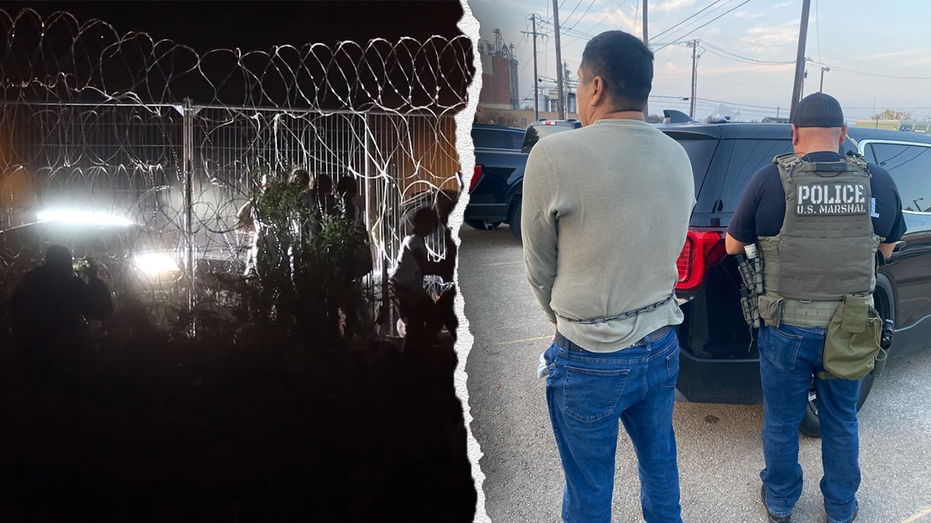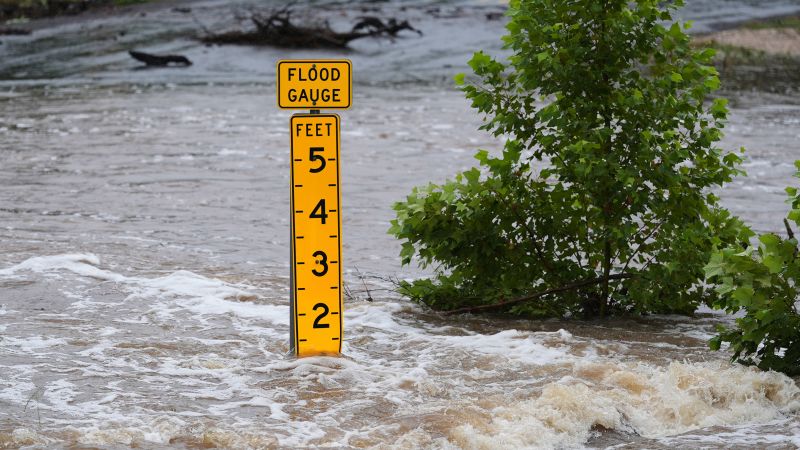Voices from the Community: Addressing Teacher Strain and Healthcare Costs

Concerns over the pressures faced by teachers, rising healthcare premiums, and issues of accountability within law enforcement have sparked significant discussion among community members. These voices illustrate the challenges many are facing, urging local officials to take immediate action.
Teachers Demand Support Amid Rising Costs
A high school teacher from the South Bronx, Brigette Brantley, has raised alarm over the financial burdens educators are shouldering. Working at a charter school, she recalls her own experiences growing up in a Title I public school where teachers often went above and beyond to provide support. Brantley, who frequently creates Amazon wish lists and uses platforms like DonorsChoose to fund classroom needs, highlights that many educators are spending an average of $823 annually on school supplies, with over 90% receiving no reimbursement.
The financial strain is compounded by rising rents in New York City, forcing teachers to commute long distances. Many educators now travel nearly two hours each way to their jobs. “This is not sustainable,” Brantley stated, emphasizing the need for policy change and meaningful support for teachers. She called on elected officials to acknowledge the challenges educators face, urging them to move beyond mere praise to implement real solutions.
Healthcare Premiums Hit Seniors Hard
Healthcare costs are another pressing issue, particularly for seniors. A 75-year-old cancer survivor from the Bronx expressed her distress upon receiving a letter from United Healthcare announcing a 17.9% increase in her monthly premiums, set to rise from $394 to $464.50 in January 2026. Living on a fixed income, she noted that such increases make it increasingly difficult to manage everyday expenses, especially as food prices continue to climb. “There should be a cap on how high they can raise it each year,” she urged, calling for action from local leaders, including the governor, to address these concerns.
The need for equitable healthcare access extends beyond individual stories. A resident of Manhattan criticized the focus on hospital renovations in affluent areas like Lenox Hill, arguing that neighborhoods with fewer resources, particularly south of 23rd Street, require urgent attention. “The Public Health and Health Planning Council should not approve plans without considering local needs,” noted Marc H. Lavietes, emphasizing the disparities in healthcare access across the city.
Calls for Accountability in Law Enforcement
Concerns regarding law enforcement practices have also dominated community discourse. Following a recent announcement that 31 police recruits in New York City would not face immediate termination, a former investigator voiced her frustration. She argued that hiring standards should prioritize candidates with clean records, emphasizing the importance of accountability within the NYPD.
In a separate discussion, former Governor Andrew Cuomo faced backlash for his suggestion that current mayor Eric Adams should withdraw from the race for reelection. Critics have pointed out the disconnect between Cuomo’s past controversies and his current political commentary. As one respondent stated, “We said no and we mean it,” reflecting a strong sentiment against Cuomo’s continued influence in local politics.
Community Perspectives on Various Issues
Other voices in the community expressed a range of opinions on various matters, from the state of healthcare to the current political climate. A Manhattan resident highlighted the need for open primaries, arguing that closed primaries disenfranchise a significant number of independent voters. “Closed primaries are an arcane and anti-democratic tool,” Ilya Kapovich insisted, urging for reform in the electoral process.
Meanwhile, the entertainment landscape also saw mention, with a resident praising comedian Chris Distefano for his recent guest hosting of a late-night show. His approach, free from political mockery, resonated with viewers seeking a return to humor without divisive commentary.
As these voices resonate throughout the community, it is clear that residents are not only voicing their frustrations but are also calling for actionable change. The collective concerns regarding education, healthcare, and accountability in governance underscore the need for leaders to address these important issues with urgency and compassion.






